As a seasoned crypto enthusiast, I”ve navigated the intricate world of digital assets for years. And let me tell you, one of the most crucial concepts to grasp is the humble yet powerful crypto wallet address. These unique strings of characters are the gateways to your crypto kingdom, the keys to your digital fortress. Whether you”re a crypto newbie or a seasoned investor, understanding wallet addresses is essential to unlocking the full potential of your digital wealth.
The Heart Of Crypto: What Is A Wallet Address?
Imagine your crypto holdings as a vast treasure trove, and your wallet address as the only way to access it. This digital address, similar to an email but designed specifically for cryptocurrencies, serves as a unique identifier that points directly to your personal crypto wallet. It’s where you receive, send, and manage your digital assets, be it Bitcoin, Ethereum, or any other altcoin.
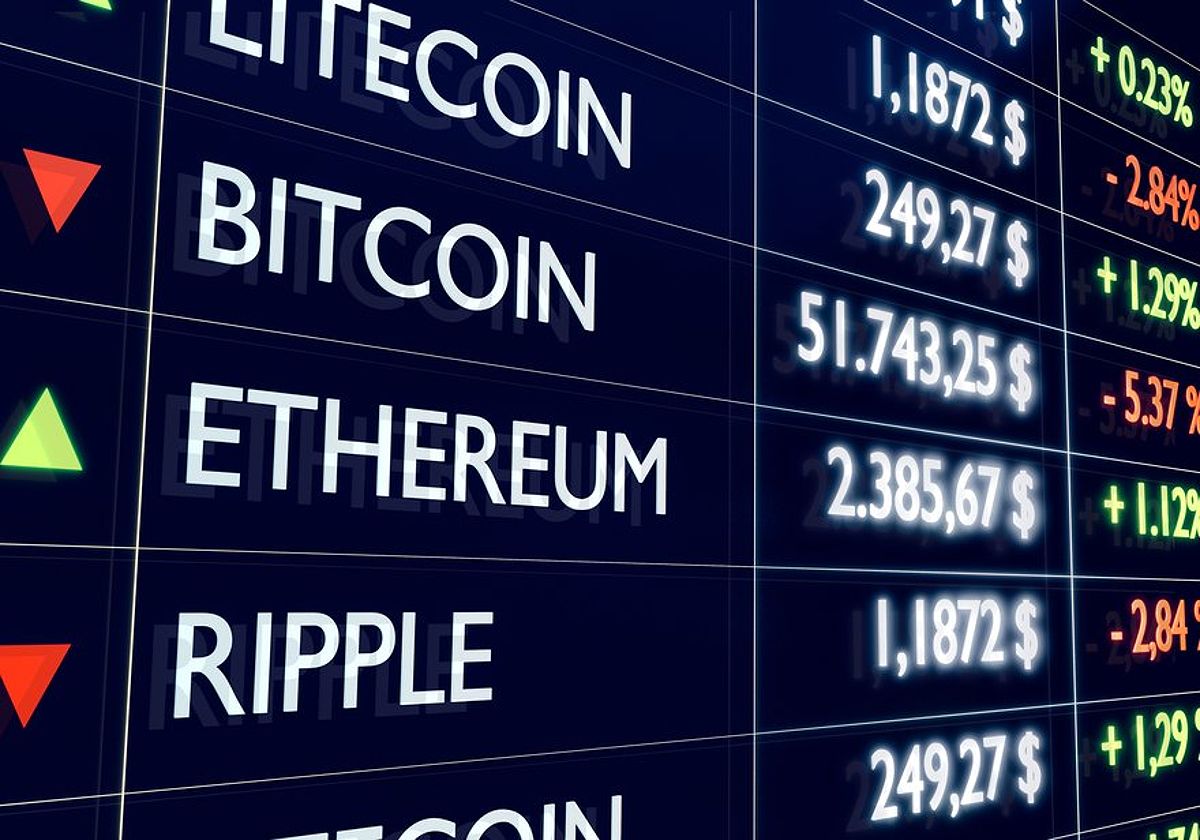 Cryptocurrencies on a trading screen
Cryptocurrencies on a trading screen
Creating And Accessing Your Crypto Wallet Address
To begin your crypto journey, you’ll need to set up a cryptocurrency wallet, which can be a software, hardware, or web-based solution. This process typically involves generating a new wallet and selecting the specific cryptocurrency you wish to use. Once your wallet is set up, it will automatically generate a unique address for you to receive, send, and manage your digital assets.
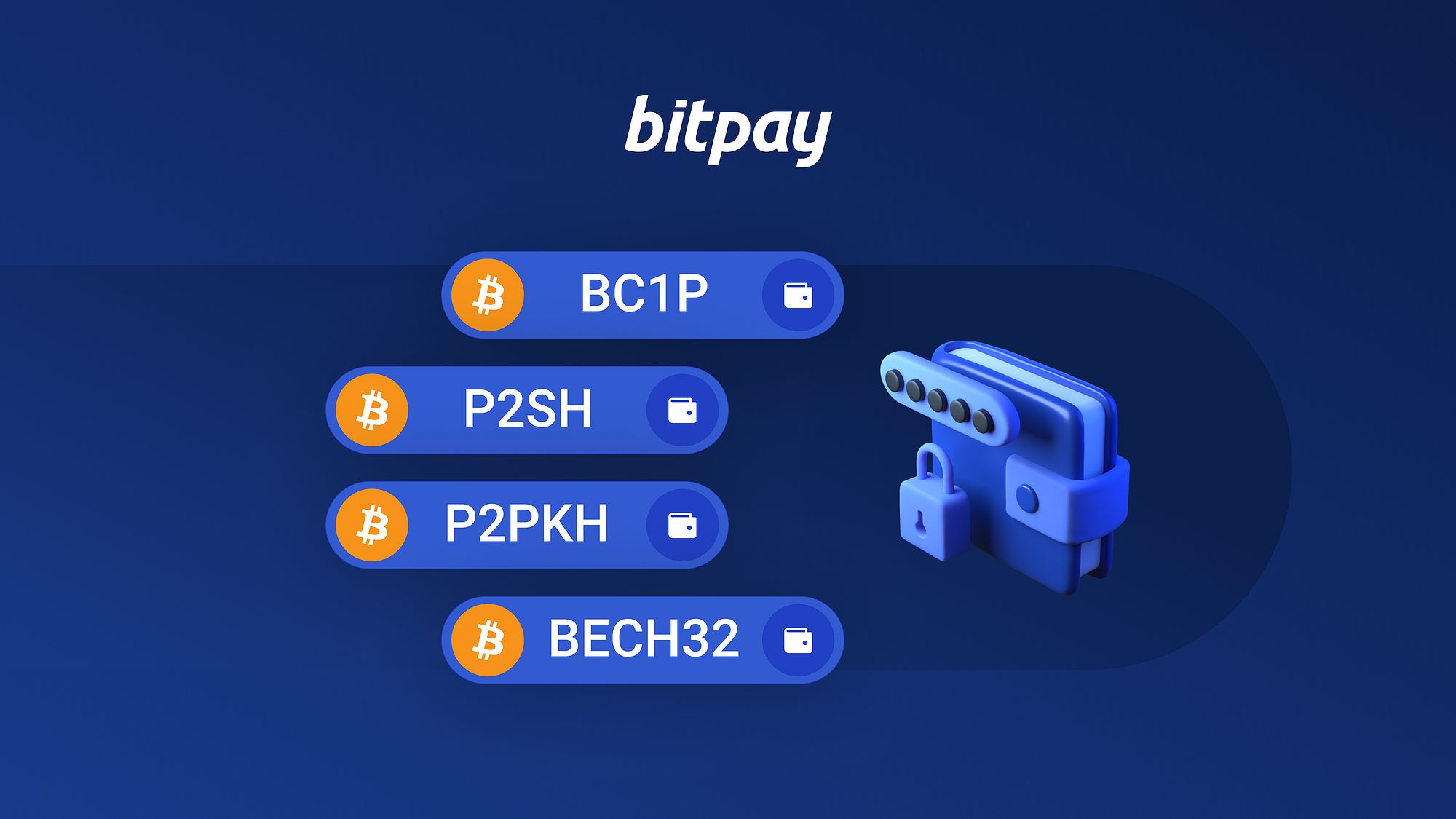 BitPay wallet address
BitPay wallet address
Accessing your crypto wallet address is usually a straightforward process. Most wallets have a dedicated “Receive” or “Address” section where you can view and copy your address. Some wallets even allow you to generate a QR code for easy sharing and scanning.
For example, if you’re using the Coinbase crypto exchange, you can find your wallet address by logging into your account, clicking on the “Transfer” button, and then selecting the “Receive Crypto” option. Here, you’ll be able to see your wallet address and even generate a QR code for convenient sharing.
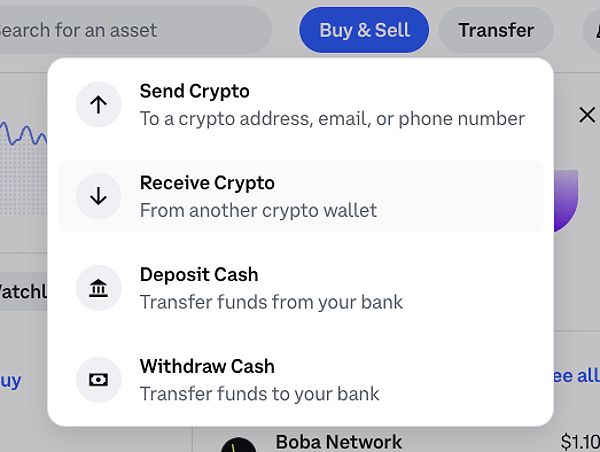 Coinbase receive crypto
Coinbase receive crypto
Exploring The Crypto Address Landscape
In the diverse world of cryptocurrencies, no two wallet addresses are alike. Each digital currency has its own distinct address format, and understanding these differences is crucial for ensuring the seamless and secure movement of your funds.
Bitcoin Wallet Addresses: The Og Of Crypto
Bitcoin wallet addresses are the OG of the crypto world, ranging from 26 to 35 characters in length and consisting of a mix of letters and numbers. These addresses can start with the numbers “1,” “3,” or the prefix “bc1,” each representing a different address type with its own unique features and advantages.
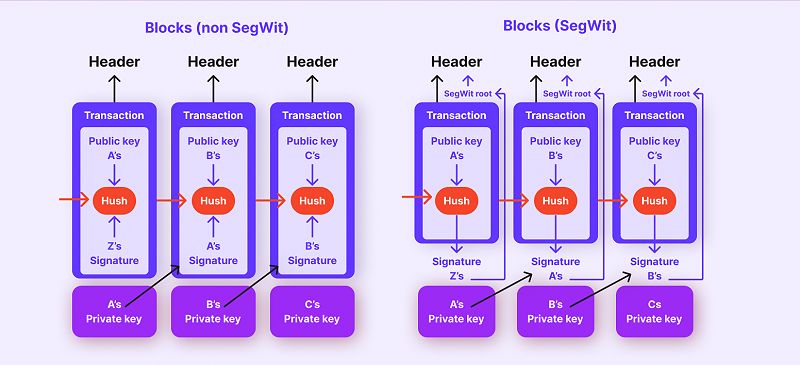 Bitcoin Segwit address
Bitcoin Segwit address
The Segwit or Bech32 (P2WPKH) address, starting with “bc1,” is the most common and offers lower transaction fees and faster processing times. The legacy or P2PKH addresses, beginning with “1,” were the original Bitcoin format but tend to have higher costs. And then there are the compatibility or P2SH addresses, starting with “3,” which provide more advanced functionalities, such as multi-signature requirements.
Ethereum Wallet Addresses: The New Kid On The Block
Ethereum wallet addresses, on the other hand, are a bit more streamlined, with a consistent length of 42 characters (including the “0x” prefix) and composed entirely of hexadecimal characters (0-9 and A-F). These addresses are used to send, receive, and interact with Ethereum-based tokens, including the popular ERC-20 coins.
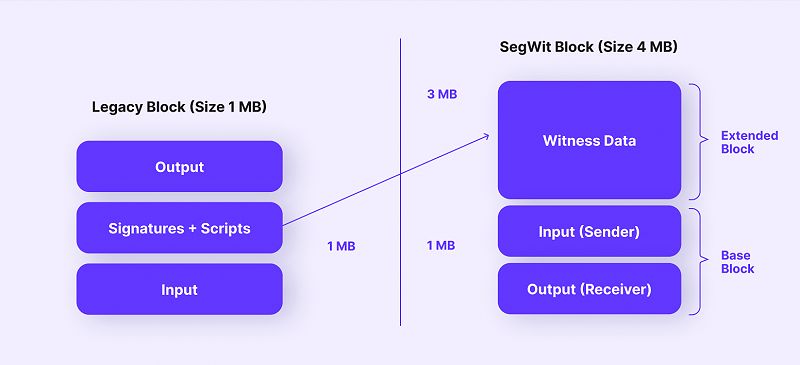 Ethereum wallet address
Ethereum wallet address
Exploring Other Crypto Wallet Addresses
The crypto landscape is vast and ever-evolving, with numerous other cryptocurrencies, each with their own unique wallet address formats. For instance, Litecoin addresses may start with “l,” “m,” or “3,” while Dogecoin addresses typically begin with a capital “D.” Understanding these address variations is key to ensuring your transactions reach their intended destinations.
Securing Your Digital Fortress: Safeguarding Your Crypto Wallet Addresses
As a seasoned crypto enthusiast, I can’t emphasize enough the importance of securing your wallet addresses. Cryptocurrency transactions are irreversible, so it’s crucial to take the necessary precautions to protect your digital assets.
- Never Reveal Your Private Keys or Seed Phrases: These sensitive pieces of information are the keys to your crypto kingdom, and should be guarded with the utmost care. Never share them with anyone, as they provide direct access to your holdings.
- Choose a Reputable and Secure Wallet Provider: Whether you opt for a software, hardware, or web-based wallet, make sure it’s from a trusted and reliable source to minimize the risk of hacking or theft.
- Enable Additional Security Features: Look for wallets that offer two-factor authentication, biometric security, or other advanced measures to safeguard your crypto assets.
- Regularly Review Your Transaction History: Closely monitor your wallet’s transaction history to identify any suspicious activities or unauthorized access attempts.
- Beware of Address Poisoning Scams: Be vigilant of fake addresses that closely resemble the legitimate address of the intended recipient, as this could lead to the loss of your funds.
By following these security best practices, you can ensure the safety and integrity of your crypto wallet addresses, giving you the peace of mind to navigate the world of digital assets with confidence.
Different Types Of Crypto Wallets
Cryptocurrency wallets come in various forms, each with its own set of features and benefits. Understanding the different types of wallets can help you choose the one that best suits your needs and security preferences.
软件钱包
Software wallets are applications that you install on your computer or mobile device. They provide a user-friendly interface for managing your crypto assets and can be connected to the internet, making them convenient for everyday use.
硬件钱包
Hardware wallets are physical devices that store your private keys offline, providing a high level of security for your crypto holdings. These wallets are considered the most secure option, as they are immune to online threats.
Web-based Wallets
Web-based or online wallets are hosted by third-party service providers, allowing you to access your crypto assets through a web browser. While convenient, they may be more susceptible to hacking or service disruptions.
常见问题
Can I share my crypto wallet address with others? Absolutely! You can safely share your crypto wallet address with others to receive cryptocurrency payments. However, be mindful when sharing your address publicly, as it can potentially reveal information about your transaction history.
How do I know if my crypto wallet address is valid? You can check the format of your address against the specific cryptocurrency’s address requirements. Additionally, you can use online tools or your wallet’s built-in validation features to ensure the address is correct before making a transaction.
Why does my wallet address keep changing? Some cryptocurrencies, like Bitcoin, are designed to generate a new address for every transaction to enhance privacy. However, your previous addresses remain functional and can still be used to receive funds. It’s generally recommended to use a new address for each transaction to maintain better privacy.
What is a change or refund address? In cryptocurrency transactions, the change or refund address is a new address generated by your wallet to receive any leftover funds after a transaction. This ensures that your funds are returned to your wallet securely and efficiently.
Can I create a shorter, more memorable crypto wallet address? Yes, some crypto wallets and services offer the option to create custom, shorter wallet addresses. For example, Unstoppable Domains and the Ethereum Naming Service (ENS) allow you to create Ethereum-based addresses that are more user-friendly and easier to remember.
结论
As a crypto enthusiast, I’ve seen firsthand the power and potential of digital assets. And at the heart of this ecosystem lies the humble yet crucial crypto wallet address. These unique identifiers are the gateways to your digital wealth, enabling secure and transparent transactions.
By understanding the different types of wallet addresses, how to create and access them, and the importance of maintaining their security, you’ll be well-equipped to navigate the crypto realm with confidence. Remember, your wallet address is the digital fortress that safeguards your crypto holdings, so treat it with the utmost care and attention.
As you continue on your crypto journey, keep exploring, learning, and embracing the transformative potential of this digital revolution. The future is bright, and with your crypto wallet address as your trusted companion, the possibilities are endless.



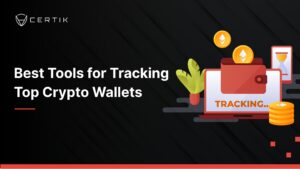












 比特币
比特币  以太坊
以太坊  拴
拴  XRP
XRP  索拉纳
索拉纳  USDC
USDC  狗狗币
狗狗币  卡达诺
卡达诺  TRON
TRON